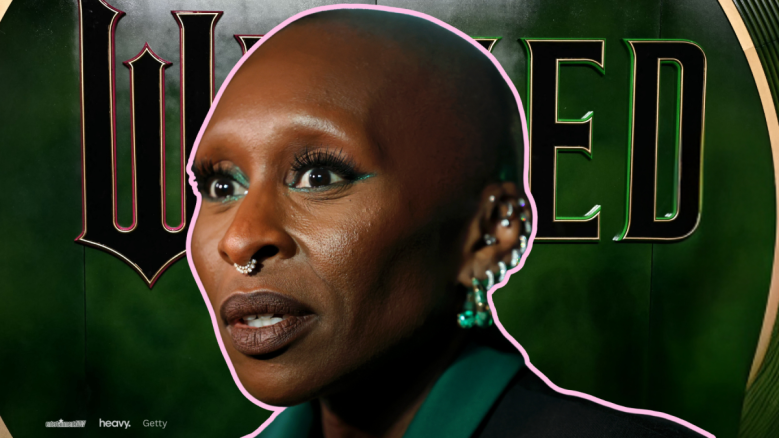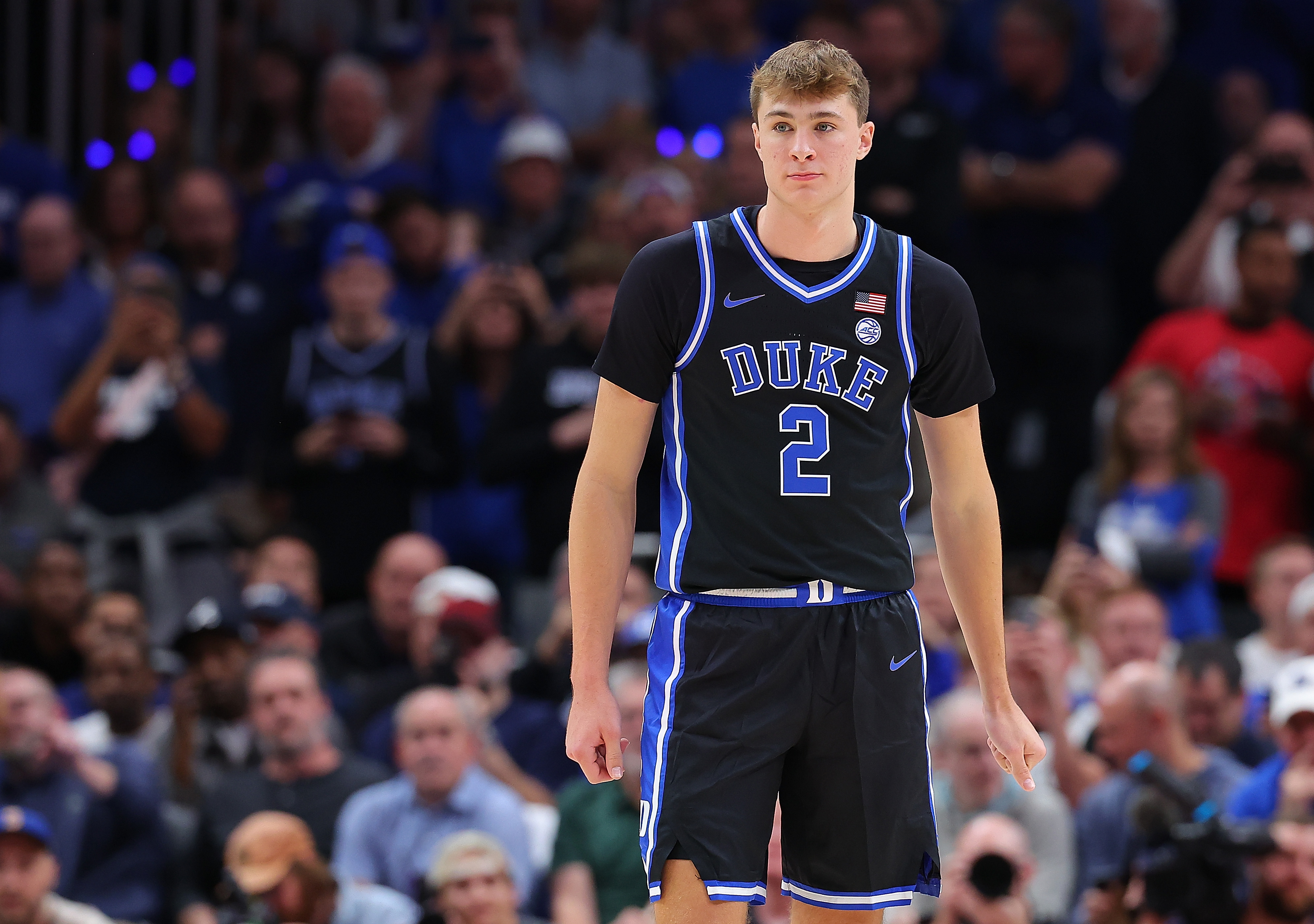Resident Evil is truly in a golden age, and this is the most excited I’ve ever been as a fan of the long-running horror series.
As we approach Halloween, I find myself reflecting on my favorite horror games and how they’re doing in 2024. I’ve come to the realization that we’ve never had it so good. Not only have classics like Dead Space and Silent Hill 2 been remade – to rave reviews – but Resident Evil is leading the charge for this horror renaissance.
We’re living in an era in which not only has the original Resident Evil trilogy been remade on current-gen systems (Yes, yes, I know RE1 is technically a remastered GameCube game), but Capcom did what many thought was impossible when it remade Resident Evil 4; it improved on what many saw as perfection.
 Capcom
CapcomResident Evil 4 improved on what was already legendary.
A new golden age of survival horror
Of course, there’s no such thing as the perfect game, but remaking something as beloved as RE4 was a massive gamble for Capcom — and they absolutely nailed it. In addition to honoring the past, the series is also pushing forward. Resident Evil Village, the eighth mainline RE game, improved on RE7, served as a love letter to RE4, and also did what RE6 failed to do: It catered to all RE fans in some way.
Those who love the more action-packed side of Resident Evil were well served in Village, but the game also managed to strike a balance between this and traditional survival horror, something Resident Evil has struggled with for most of its existence. However, the remakes of 2, 3, and 4 should also get some credit for getting this balance right, at least for the most part.
This success has had a knock-on effect on the industry, too. While the original RE4 revolutionized the third-person shooter back in 2005, the current Resident Evil format is inspiring other horror games like Alan Wake 2, the Alone in the Dark remake, and the upcoming Cronos: The New Dawn. Then there are games like Dead Space, The Calisto Protocol, and Silent Hill 2 to consider, all use this formula in their own way.
We’re now firmly back in the era of the third-person survival horror game. This is funny, as the past decade belonged to first-person spookfests like Outlast, Amnesia, and Soma. Even Resident Evil flirted with the first-person perspective in RE7 and Village before adding the third-person style to Village as DLC which I think is a rather telling move about the series’ future.
Speaking of the future, the first rumblings of Resident Evil 9 have started and it’s now only a matter of time until Capcom shows us what they’ve been working on. Whispers of an open world make me nervous, as sandbox games often don’t translate well to horror. Sorry Dead Island 2, Dying Light, and Days Gone, I love you, but you’re not scary.
But then again, Resident Evil has often used a large hub area for its action, a location players explore over and over again, unlocking more and more of it as they progress, so this could work on a wider scale. Technically, the titular Village served this role, as did the Spencer Estate, Raccoon City, and the Baker Family Compound. So, we’re open to whatever Capcam has in store; after all, they bought a lot of goodwill with RE Village and the RE4 remake.
 Capcom
CapcomResident Evil Village had some genuinely unsettling moments.
The Resident Evil camera angles debate
However, a new Resident Evil game means an old, tired debate is likely to flair back up about camera angles in horror. Even in 2024, there are still people arguing that a horror game can only be true survival horror if it uses fixed camera angles like the PS1-era Resident Evil games did. No matter how many amazing spooky horror games are made in first person or using the over-the-shoulder camera style, à la RE4, these self-proclaimed “purists” persist.
I loved fixed camera angles in my horror games twenty years ago as much as anyone else, and they certainly lent themselves well to the genre, but this argument was won by the opposing side long ago. Games like Outlast and Amnesia: The Dark Descent proved that horror works exceptionally well in first person, and games like Dead Space, Alan Wake, and the Resident Evil 2 Remake proved that it also works just fine in third person.
The fact is that these purists, and indeed all horror fans, should stop living in the past, remove their nostalgia filters, and open their eyes to the absolute smorgasbord of violent and spooky delights that modern gaming has in store for them. We’re not just living in a golden age for Resident Evil, we’re living in a golden age for horror games.
Many would say that the golden age of survival horror was in the late 90s to the early 2000s. I’d argue it’s right now – and I intend to gorge myself on them this Halloween and probably keep going until next Halloween. After all, the spooky season is all year round for many of us.
 3 weeks ago
2
3 weeks ago
2




















 English (US) ·
English (US) ·